U.S. drone delivery company DEXA has achieved a major regulatory milestone by obtaining a national Beyond Visual Line of Sight (BVLOS) waiver from the Federal Aviation Administration, enabling autonomous operations without visual observers across the country. This approval positions DEXA alongside industry leaders like Amazon Prime Air, Wing, and Zipline in advancing commercial drone logistics. The waiver builds on DEXA’s existing certifications and underscores a shift toward broader integration of uncrewed aircraft systems in everyday delivery services.
Key Regulatory Certifications Unlocked
DEXA’s BVLOS waiver complements two prior FAA approvals that form the foundation for legal, scalable drone operations. The company holds an airworthiness certification for its DE-2020 delivery aircraft, which appears on the Secretary of Transportation’s S-1 List of approved Uncrewed Aircraft Systems. Additionally, DEXA possesses a Part 135 Air Carrier Certificate, which authorizes commercial drone deliveries.
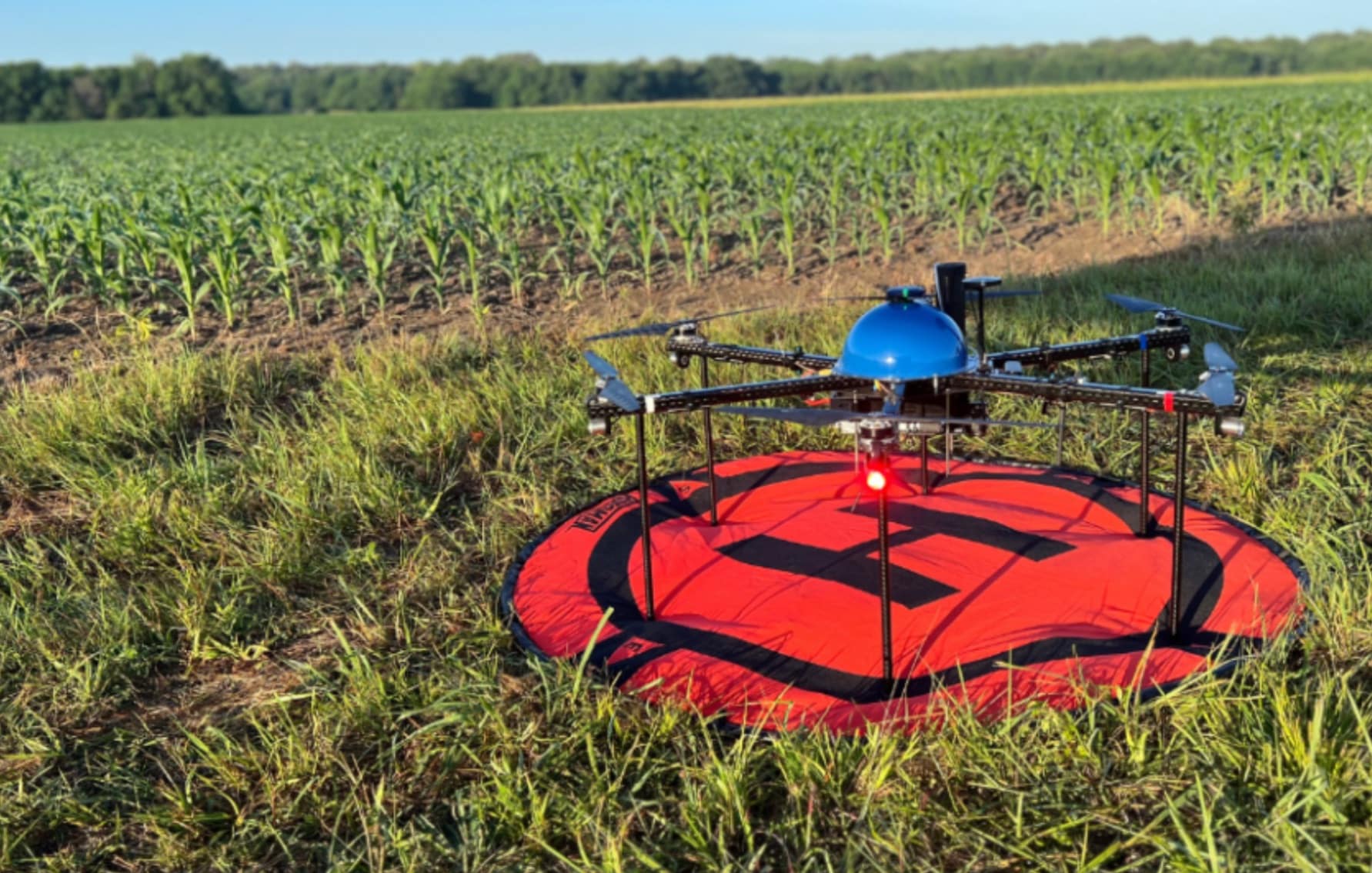
These three elements—aircraft approval, air carrier status, and BVLOS authority—enable fully autonomous services without repeated flight permissions. This framework addresses long-standing barriers in the drone industry, where operators have historically faced limitations on range and oversight requirements. By securing these certifications, DEXA demonstrates how targeted regulatory progress can accelerate the transition from pilot programs to nationwide deployment.
Innovations in Safety and Delivery Technology
DEXA emphasizes robust safety measures in its operations.
“Operationally, we built a strong safety case through our certification as an FAA Part 135 Air Carrier, demonstrating safe and consistent operations,” Beth Flippo, DEXA CEO, told Zag daily. “Our approach included comprehensive risk mitigation, robust ground-based surveillance and procedural separation, and scalable fleet management practices.”
The company manufactures its own U.S.-made aircraft and software platform at its Ohio headquarters, ensuring integrated control over hardware and systems.
For deliveries, DEXA employs precise geolocation technology akin to rideshare apps like Uber. This allows drones to reach customers at dynamic locations, such as backyards, city parks, apartment complexes, or rural homes, without relying on traditional street addresses. Such flexibility enhances operational efficiencies, particularly in varied terrains where ground vehicles struggle. Building on that, this development raises questions about how drone firms can further refine detect-and-avoid systems to maintain safety in congested airspace.
Efficient Funding and Consumer-Focused Model
DEXA stands out for achieving these advancements with modest resources.
“DEXA achieved these milestones and started operations with just $15 million in funding. In contrast, other drone delivery companies had to raise hundreds of millions or needed the backing of massive parent companies,” Flippo added.
This lean approach highlights emerging trends in the drone sector, where innovative startups challenge established players by prioritizing efficiency over massive capital infusions.
The company’s DEXA NOW app streamlines direct-to-consumer services, offering groceries, over-the-counter medication, pet supplies, and essentials via rapid drone delivery. Subscribers pay $6 monthly for unlimited deliveries at in-store prices, free of tipping or extra fees. This model reduces costs for users and promotes adoption, especially in areas underserved by conventional logistics. It reflects broader industry shifts toward subscription-based services that blend technology with affordability, potentially lowering barriers for recreational pilots exploring commercial applications.
Scaling Operations and Addressing Challenges
With regulatory hurdles cleared, DEXA shifts focus to expansion. The company plans to boost manufacturing capacity, install ground infrastructure for frequent flights, and collaborate with local governments and partners for airspace integration. Initial rollouts target the Midwest and East Coast, leveraging ties with retailers like Kroger. Subsequent phases will cover urban, suburban, and rural zones, where drone deliveries could cut times and costs compared to truck-based methods.
Flippo noted that remaining hurdles center on operations and markets, including gaining community support, embedding into local supply chains, and building durable infrastructure for growth. These steps address real-world implications, such as noise concerns or privacy in populated areas. As drone technology matures, DEXA’s progress signals potential for widespread adoption, offering professionals insights into balancing innovation with practical deployment.
Discover more from DroneXL.co
Subscribe to get the latest posts sent to your email.


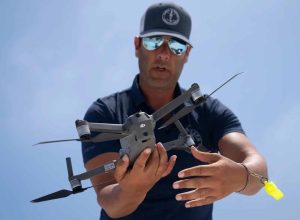

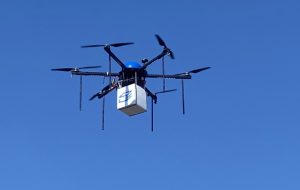


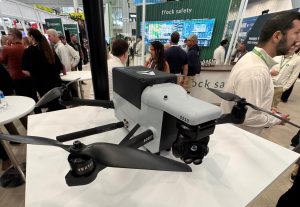

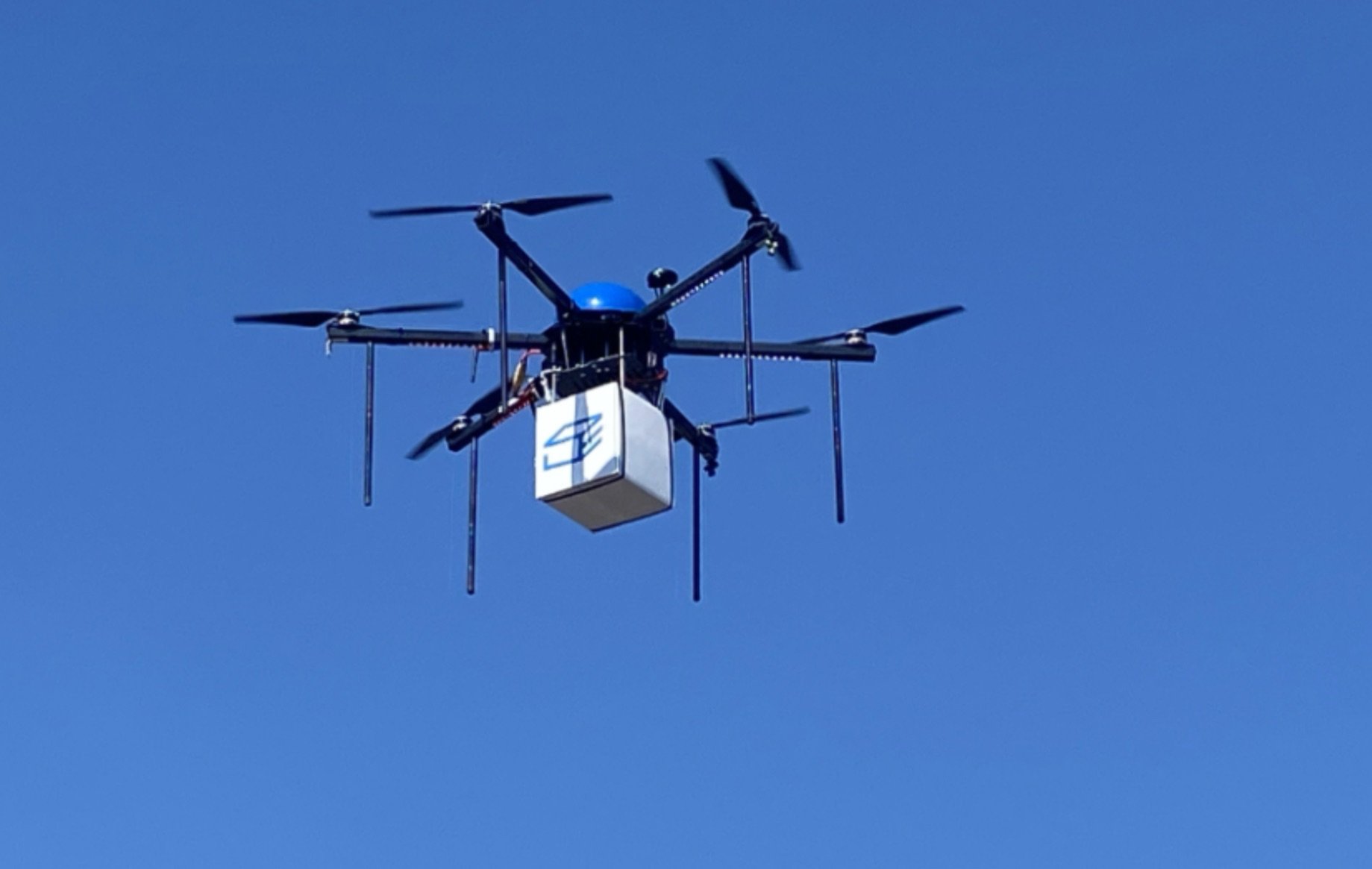


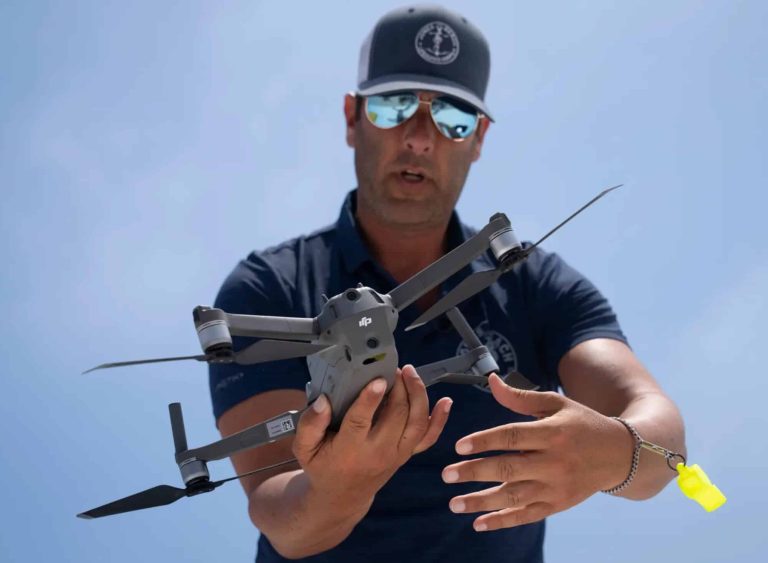

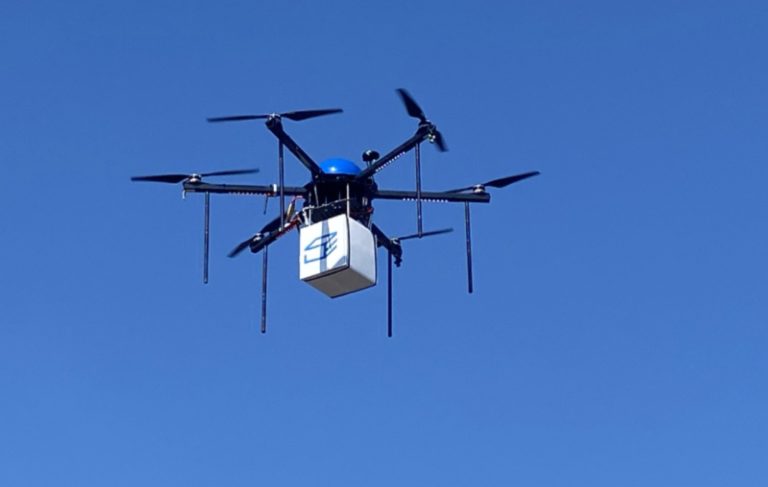


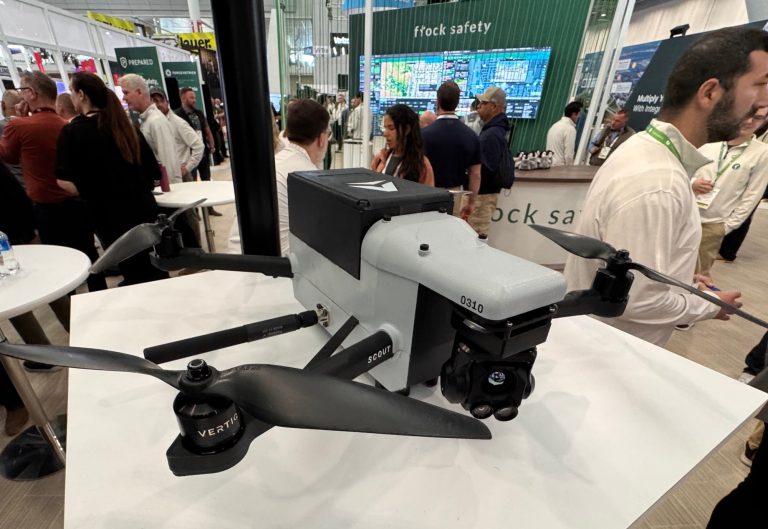
+ There are no comments
Add yours